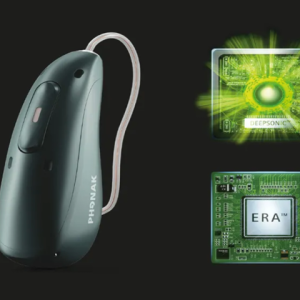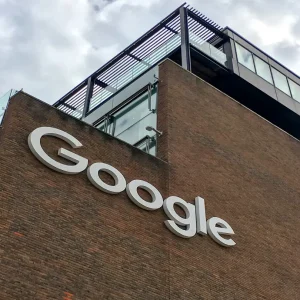
Not one to be left out of the race, Honda has been quietly making strides in the drive to build autonomous vehicles. With dreaming the impossible at the heart of their company, perhaps it is no surprise the Japanese corporation have invested in a unicorn: SenseTime.
For the next five years, Honda will work with image recognition specialists at SenseTime to advance development of its AI technologies for driverless vehicles.
In an effort to create a “collision-free society”, Honda R&D Co. signed the agreement with SenseTime in the hopes of utilising the unicorn’s advanced moving object recognition technologies.
As part of this, Honda said it will deepen research into large-scale computing technologies necessary for AI algorithm development. Additionally, the car manufacturer will endeavour to package its AI programmes with on-board controllers.

In an online post announcing the agreement, Honda said the firms “will develop highly-sophisticated automated driving technologies which will enable complex automated driving in urban areas.”
Honda’s AI algorithms will be refined to enhance three main aspects of autonomous cars: scene understanding, risk prediction and action planning.
To interpret the 3D physical world, algorithms must estimate the permissible driving environment as well as working out the behaviours and intentions of pedestrians and other vehicles. In terms of risk prediction, technicians will need to ensure acceptable accuracy in predicting the future position of people and cars around it. All this processing must happen within a second or less, so that the neural network can command the vehicle to stop, start or avoid potential harm.
Apple scientists lift the lid on machine learning driverless tech
Uber readies for driverless revolution with 24,000 cars from Volvo
Intel, Waymo get behind the driverless wheel
In late November, research from Apple scientists on driverless tech called VoxelNet emerged, detailing how researchers had improved object detection using point cloud division. Earlier in the month, Uber signed a deal with Volvo to purchase 24,000 vehicles as part of its push into driverless.
This week, NuTonomy and rideshare app Lyft launched a trial of autonomous (but manned, just in case) taxis for members of the public in Boston Seaport.
Incredibly, Hong Kong-based SenseTime began in October 2014. The talent of its CEO Xu Li and team became abundantly clear straight off the bat, as SenseTime won Stanford University’s ImageNet Large Scale Visual Recognition Challenge (ILSVRC) in both 2015 and 2016.
Both Honda and SenseTime hope to expand their AI research into the robotics sector.






